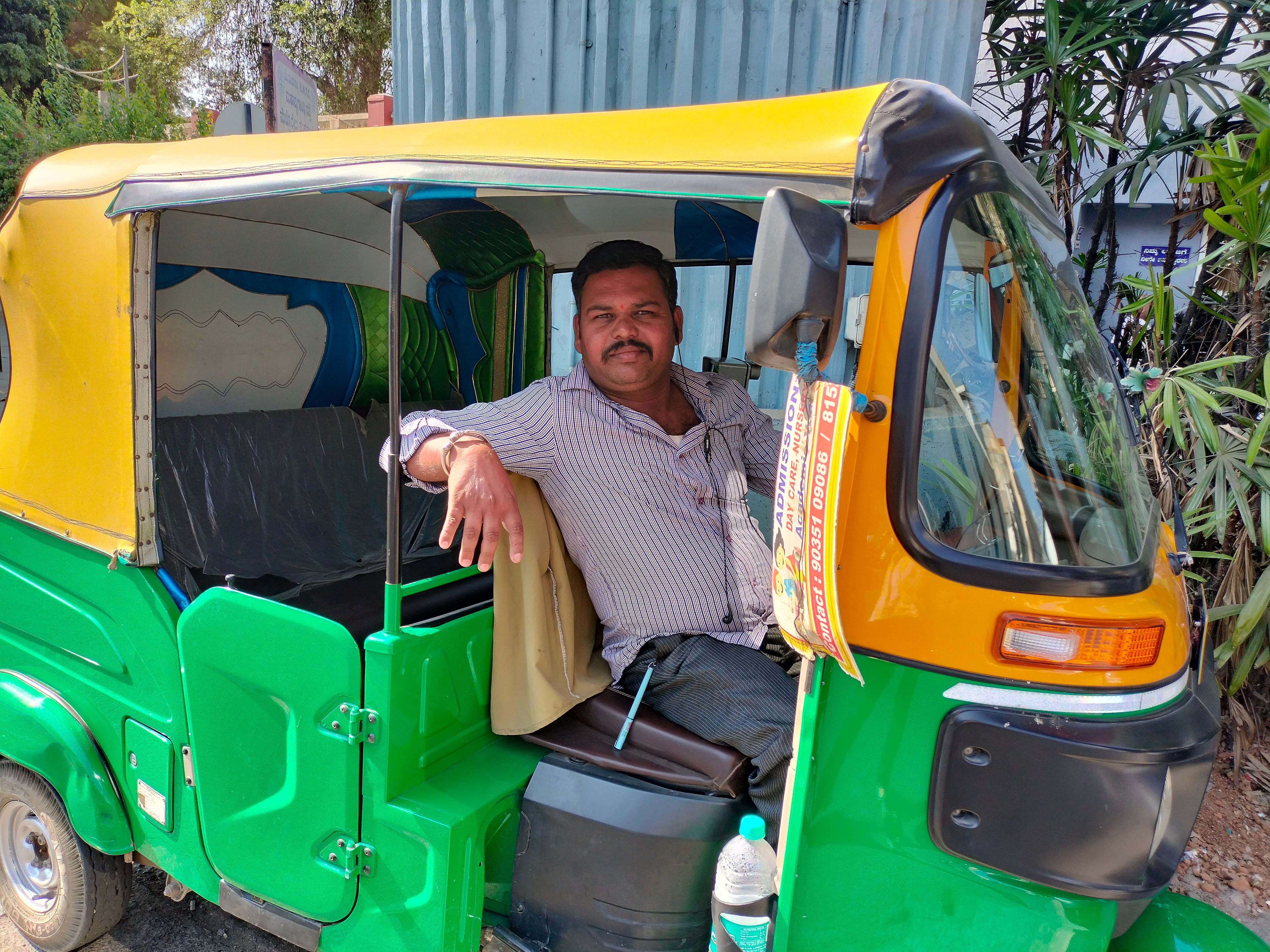
Credit: DH Photo
Bengaluru: Recently, a video of a woman singing a folk song about the need to desilt lakes and preserve lake ecosystems went viral on social media. Her song, which was timely, stood out because she represented communities often overlooked by those in power.
With elections approaching, DH spoke to a diverse group of people—from underprivileged communities to gig workers—to understand their expectations from policymakers. Their needs ranged from better infrastructure and more government jobs to quality education, organized surveys on manual scavenging communities, and proper rehabilitation to improve their quality of life.
Basavaraj K Chavakkanavar, an auto driver from Harti village in Gadag district, believes major political parties should encourage farmers to run for election. He said, “Without farmers, it doesn’t matter who wins or loses the elections. They say farmers are the backbone of the country, but where are the farmers in our leadership?” He also questioned, “Why can’t a farmer run in the elections and why isn’t there a statue of one near Vidhana Soudha?”
Dr K B Obalesh, President of the Safai Karmachari Kavalu Samithi Karnataka, highlighted the overlooked issues of manual scavengers in the city.
He pointed out, “There are about 7,483 identified manual scavengers in the state. Yet, the actual number of manual scavengers is likely higher, especially since the central government’s push to declare the country open-defecation free. The construction of low-cost, single-pit toilets under the Swachh Bharat Mission has, in fact, worsened the plight of manual scavenging communities, increasing their risk of continued manual scavenging.”
He firmly stated, “Our top demands from elected representatives include an immediate national-level survey and proper one-time rehabilitation for the identified manual scavengers.”
Additionally, many women from underprivileged backgrounds and homemakers told DH that the government should create policies that encourage women to pursue higher education and offer more government jobs to women from deprived sections.